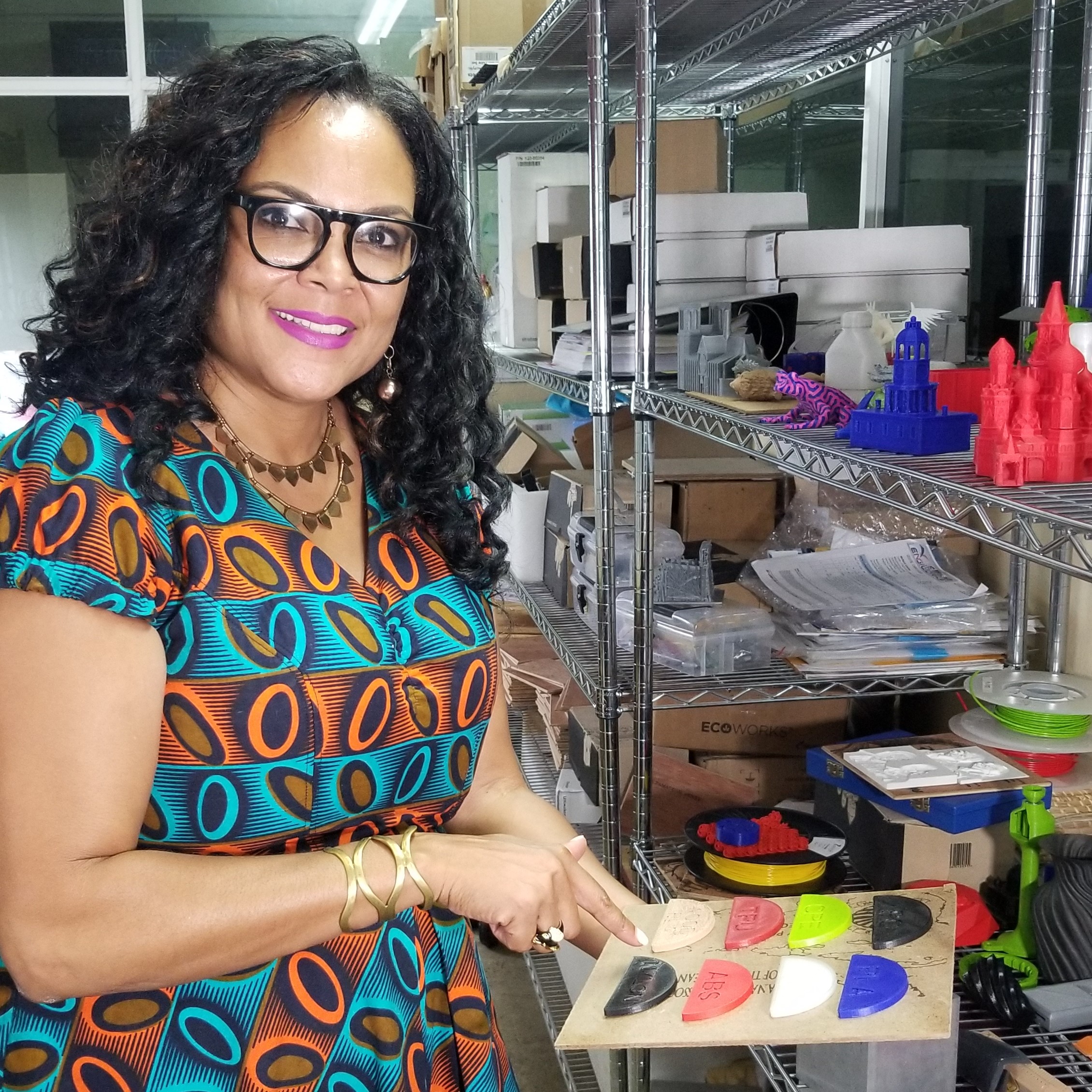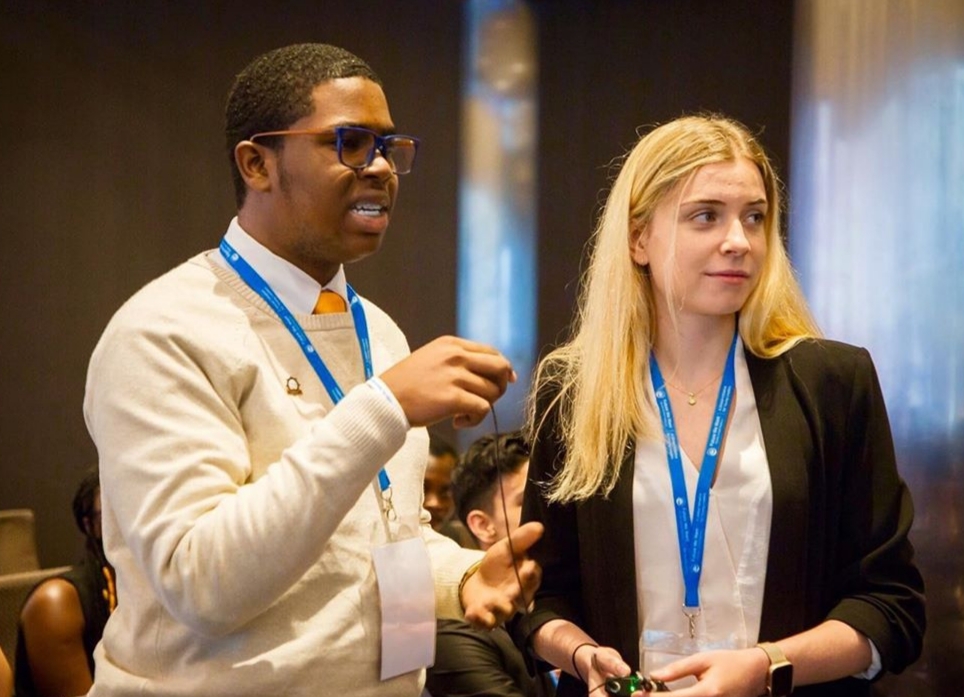
The Caribbean Maritime University today announces that its Centre for Digital Innovation & Advanced Manufacturing (CDIAM) will enlist its entire 3D Printing Fleet, its filament stock and engineering expertise to fight COVID-19.
Established in November 2017, the Centre for Digital Innovation and Advanced Manufacturing at the Caribbean Maritime University is the region’s Centre of Excellence for Additive Manufacturing technology and expertise.
“The Caribbean Maritime University is pleased to join the fight against COVID-19,” says Erica Simmons, Executive Director at the Centre for Digital Innovation & Advanced Manufacturing (CDIAM) at the CMU, “The team has been preparing for a moment like this for over 2 years, we are ready to serve our nation and to provide our expertise at this critical time.”
With immediate effect, the CDIAM will begin to manufacture personal protective headgear which will be delivered to the Ministry of Health to be donated to healthcare professionals across Jamaica. 3D printing or additive printing technology, allows for the development objects using a digital computer aided design file and various printing materials. The materials used in 3D printing include several types of polymers, metals, and ceramics. With over 20 Additive Technology machines of various levels, the CDIAM has been leading the push into this new manufacturing method.
The CDIAM has also been asked to join countrywide initiatives that aim to increase the collaboration at the Tertiary level between the universities. In essence pooling our knowledge, technology and resources across all the institutions to tackle the nations challenges.
“The moment of true disruption in here” said Mrs. Simmons “We knew disruption was on the way, but never could we have imagined this. However, from the ashes will rise a phoenix. Now is the time for Jamaica to start reimaging our world, and commit to creating a fully digitally-savvy, innovation-driven society”.
For more information about 3D Printing at the CDIAM Follow us on Instagram at @cdiamja or visit our website at www.cmu.edu.jm/cdiam.





Recent Comments